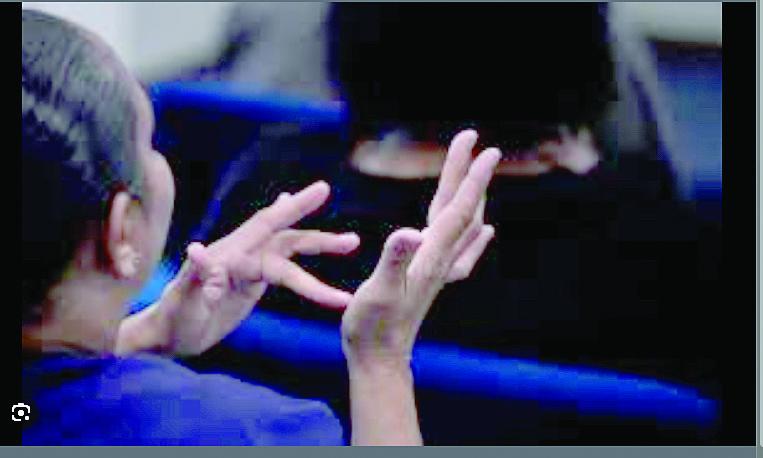Use sign language interpreters, clerics advised
By Robert Ochoro, January 8, 2025Religious leaders have been asked to incorporate sign language interpreters in their sermons so as not to leave out the deaf.
Deaf people keep away from church services because clerics don’t have interpreters, said Kisii and Nyamira counties sign language co-ordinator Gladys Kerubo Mokora.
The number of deaf children and adults is increasing and it is necessary for them to be included in church services so as to nourish their lives, said Mokora, deaf rights advocate.
“A few churches have embraced sign language interpreters and their deaf members feel part and parcel of the churches. Deaf people also want to go to heaven. Let’s support them” Kerubo told People Daily
Mokora is a sign language interpreter in Kisii County and has started a programme to train members of churches and pastors the basics of the language.
Communication barriers
Though sectors like health and departments like the police have trained officers in sign language, she said, others are yet to embrace it.
“We want all sectors, including civil society organisations that deal with all types of people to employ sign language interpreters so that they can access services with ease,” Kerubo noted.
Communication barriers, she said, are denying deaf people the right to be served in public and private offices, noting that this violated their rights to access services.
She noted that most deaf people were unaware of their rights and it was difficult for them to report violations.
“We want to empower deaf persons on their rights, especially on gender-based violence and how they can protect themselves against perpetrators,” Kerubo said.
She challenged parents to take their deaf children to schools for the hearing-impaired so that they can exploit their potential and stop hiding them in homes over fears that people will laugh at them.
She noted that some deaf children were abusing drugs, challenging parents with such children and organisations fighting drug and substance abuse to sensitise them against the habits.
“We have started a campaign to also sensitise girls who have matured to care for themselves during their monthly periods to foster their hygiene,” Kerubo said.
More Articles

